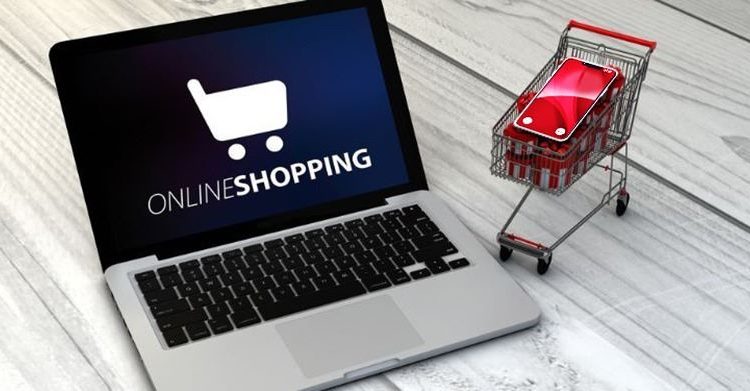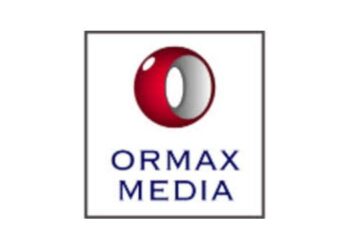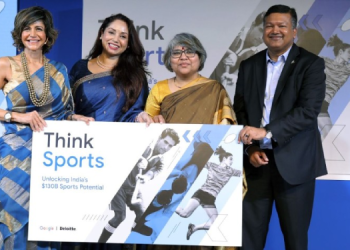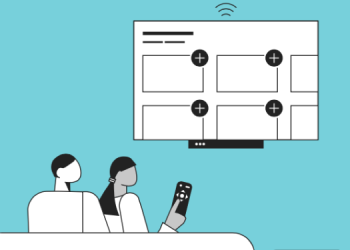Hansa Research, a Consumer Insights Provider, released its Consumer Sales Survey (CSS) Report that aims to understand consumer buying behaviour on online and offline channels during sales season. The survey was conducted from July ’22 to September ’22 when several shopping sales were active in physical stores as well as on e-commerce platforms.
As per the CSS Report, mobile phones (51%) are the most purchased product compared to shoes, apparels, kitchen appliances, self-care, watches and bags. Mobile phones also saw 10% more sales in the top 8 metro cities like Mumbai, Delhi, Bengaluru as compared to other metros. Shoes (46%) and Electronic Accessories (42%) are the other top purchases respectively. Moreover, between online and offline shopping, consumers prefer online shopping. The only exception to this rule is in the category of book; which has equal offline purchases at bookstores as well.
In terms of payments, E-wallets is the preferred mode of payment. However interestingly, the total transaction value made using credit/debit cards ended up being more than any other payment options. This indicates that consumers tend to buy expensive products/brands using cards to earn reward points or avail credit period.
There are also gender preferences in the items purchased; women purchase clothes, cosmetics and kitchen items and males shop for mobiles and electronic items. However, the gap between men and women purchasing mobiles/electronic accessories is not huge. Only 6% males buy more mobiles and 5% more electronic accessories compared to women. In contrast, the gender gap is in favour of women (16%) in apparel purchase over men. The survey covered consumers from 19 cities belonging to households in socio-economic classes (SEC) A, B and C, as per the new Consumer Classification System developed by MRSI and MRUC.

Commenting on the findings, Praveen Nijhara, Chief Executive Officer, Hansa Research said, “The report reveals some interesting insights on consumer behaviour. Evidently, the availability and affordability of internet data is leading to rise in purchase of mobile phones and other electronic accessories. However, while the affluent and high-income group contribute largely to the sales of products like mobile phones/laptops during sales, the middle-income are at par with the high-income group in purchase of bags and watches. This denotes a huge aspirational shift among the working class.”
The average spending from top 8 metros is 21% more than other metros. Other metro cities buying habits are found to be similar to top 8 metro cities with mobile phones, shoes and electronics accessories being most purchased items in these cities.
Most consumers make purchases for immediate use rather than for future use. However, items such as apparel, shoes and bags saw less gap between future and immediate use indicating a ‘Buy Now, Use Later’ consumption behaviour.
Key Findings:
- During sales, most individuals purchase minimum four category of products ranging from mobile phones, shoes and electronic accessories (like earphones, Bluetooth headsets etc.), watches, shoes, self-care, books, edibles etc.
- While SEC A and B buys 4 product categories, SEC C is not too far behind and buys 3 product categories.
- 35% spent less than ₹2000 while shopping and 65% spent under ₹10,000.
- Electronic items (like laptops, iPads, etc.) and self-care items (like shampoo, lotions, skincare, etc.) sees 25% more purchases by SEC A and B participants than by C.
- 95% of the respondents find the sale to be ‘value for money’ and 96% of the respondents found what they want from the sale.

















